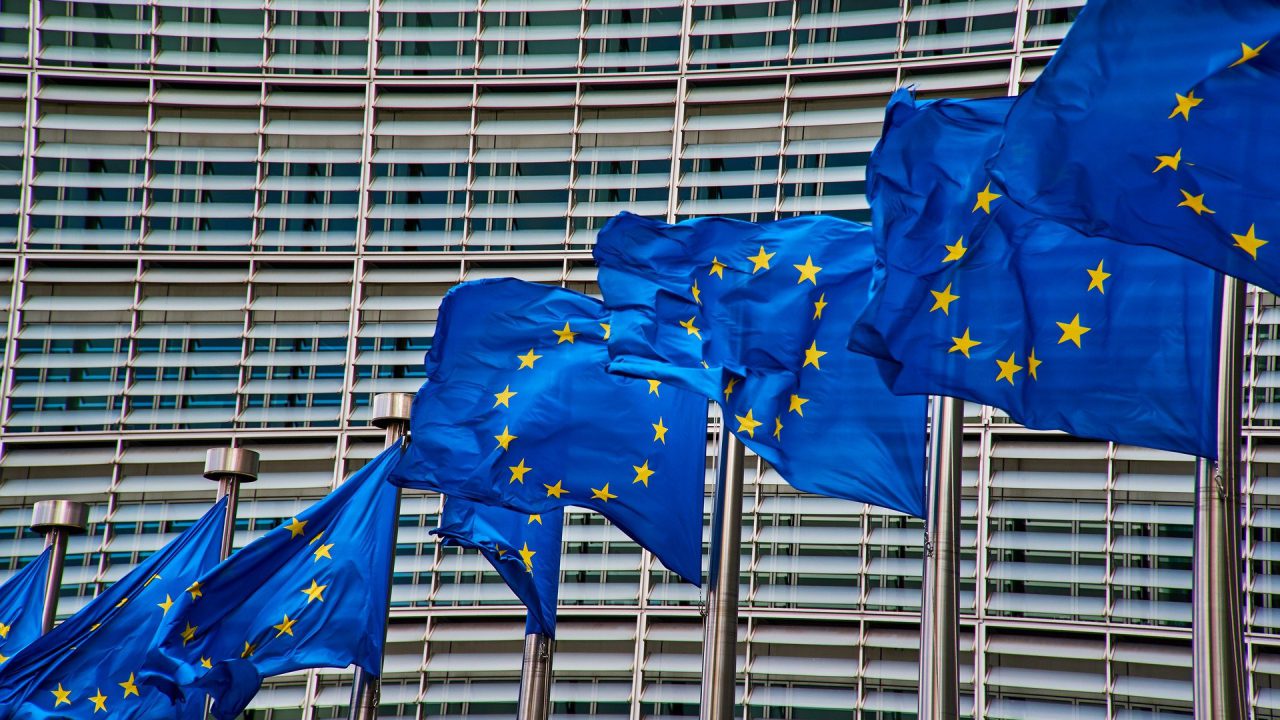Copa-Cogeca, the body representing EU farmers and agri-cooperatives, has said that it welcomes moves by the European Commission to end reliance on Russian gas partly by increasing biomethane production from agriculture.
Yesterday, the commission announced the ‘REPowerEU’ measure to, among other things, double the planned production of biomethane in the EU to 35 billion cubic metres per year by 2030.
At present, the EU imports 40% if its gas, 27% of its oil and 46% of its coal consumption from Russia.
Copa-Cogeca said it welcomed the “overall objective”, as the production of renewable gas is “still showing great potential to help make the EU consumption of gas more sustainable while mitigating our external dependency on Russia”.
The umbrella group also pointed out that anaerobic digestion (AD) allows organic fertilisers to be produced from digestates for agricultural practice, in line with the European Green Deal.
“Today the EU produces three billion cubic metres of biomethane. Scaling-up to 35 billion cubic metres in a few years will require an unprecedented mobilisation of sustainable certified biomass feedstock, mostly agri-food waste and residues, and the building of thousands of new units,” a statement from the group said.
“The farming sector stands ready to contribute to this unprecedent challenge,” it added.
On the proposal to triple energy production from rooftop solar panels, Copa-Cogeca urged the commission to remember the role that farm buildings can play here.
The European farm group also welcomed a plan to shorten the procedures for the granting of new renewable energy projects.
However, Copa-Cogeca criticised the lack of references to biofuels and solid bioenergy.
“Copa-Cogeca has been saying this for several months now and the war in Ukraine only strengthens our conviction. Faced with a dependence on imports and unreliable supply chains, we must mobilise the entire bioenergy sector,” the statement argued.
“Biomass under its various forms accounts for almost 60% of the consumption of renewables in the EU – today being over 20% of the total EU energy consumption. A ‘one size fits all’ approach in the EU energy mix would be a strategic mistake.
“Biomass fuels provide solutions to many sectors today that would be difficult to electrify,” the group pointed out.
Copa-Cogeca also said that it had expected the issue of rising fertiliser prices and agricultural markets to be tackled in yesterday’s communication from the commission.
“Copa-Cogeca takes note of the fact that this was only partially the case, and we hope that the other key communication expected for March 23 on the resiliance of the food chain will propose more robust answers to farmers,” the statement added.
